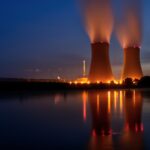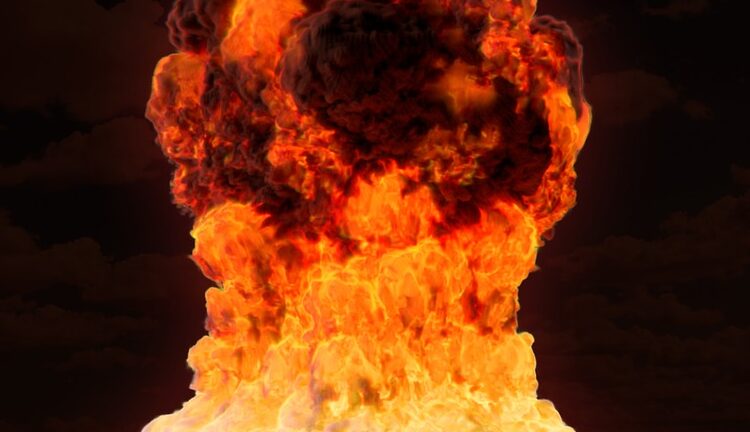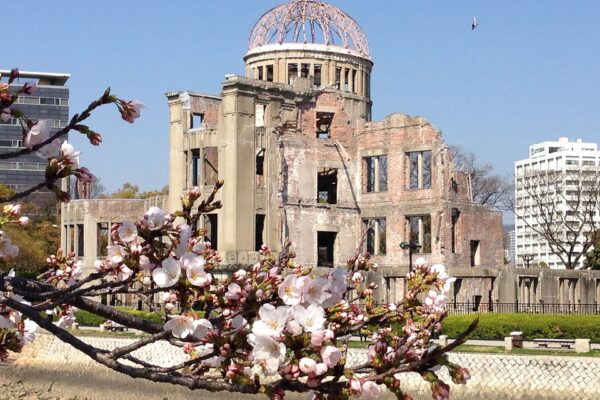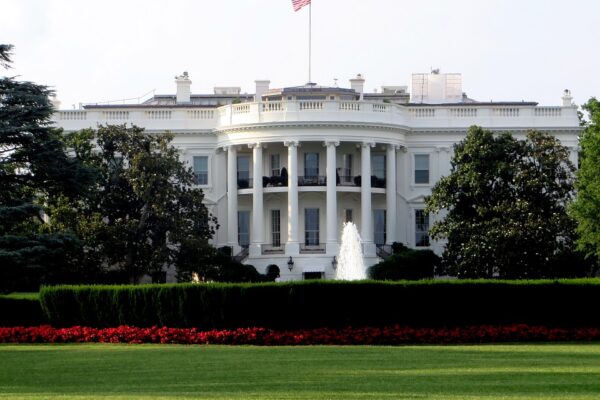The world has seen two massive wars and the destruction caused by the bombing of Hiroshima and Nagasaki. Now, after so many years, things are beginning to change. The Nuclear Weapon Ban Treaty came into effect in January 2021. There has been an increased optimism among the proponents of nuclear disarmament ever since.
Of course, the road to complete nuclear disarmament in the world is quite long with many bumps. However, the good news is that something significant is happening in this regard. One considers national security, terrorism, and other threats while thinking of eliminating nuclear weapons.
Nevertheless, it’s also important to know the reasons why the world must be free of nuclear weapons:
1. A big strain on resources
The research, development, and maintenance of nuclear weapons put a lot of strain on a country’s finances. From 1940 to 1996, the United States spent over 5 trillion dollars on nuclear weapons programs. It continues to spend billions of dollars annually on these programs.
Things would be so different if such amounts were spent on health, education, and people’s welfare. It is apparent that the current nuclear powers of the world are losing out on the available opportunities.
2. The nuclear arms race
The nuclear powers often justify their nuclear weapons program by citing national security as the reason. It creates an impression among other nations that their national security must also be based on nuclear arsenals.
Eventually, this will lead to a nuclear arms race. This will certainly increase the possibility of conflict between two nations escalating into a nuclear war. It is, therefore, extremely important that the nuclear powers act on eliminating such disastrous weapons.
3. Threat of terrorist attacks
The presence of nuclear weapons, their production, and storage facilities always face the threat of terrorist attacks. The best example is Russia. After the breakup of former Soviet Union, the nation’s command and control system has weakened considerably. This has made their nuclear arsenal vulnerable to attacks from terrorists.
Enormous amounts are spent on the safety, security, and maintenance of nuclear facilities. Besides, these weapons are not helpful in countering terrorism. This is due to the fact that terrorist groups or camps are often unlocatable.
4. Possibility of nuclear accidents
Some dangerous accidents can occur at nuclear facilities due to natural disasters or human errors. There are two examples that point out to this fact. One is Ukraine’s Chernobyl disaster, which took place in 1986. The initial explosion caused the deaths of 30 employees. Many negative health effects on people were seen across Russia and Eastern Europe as a result of this incident.
The second example is of nuclear meltdowns that happened at a power plant in Japan’s Fukushima Prefecture. This was caused by an earthquake and tsunami that occurred in 2011. In both the cases, there was a significant increase in cancer rates among populations living nearby.
5. Concentration of power
Not all nations are nuclear powers. Those who do possess nuclear weapons always run the risk of giving their leaders the power to destroy the world. If such individuals fall prey to misunderstanding or misjudgment, it can put the entire world at risk.
Even in democratic countries, the power of decision-making rests upon their presidents or prime ministers. The citizens who vote for them in elections are rarely informed about some critical decisions.








